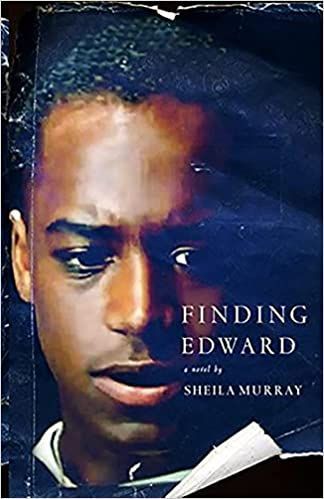Sheila Murray on Toni Morrison
I first read Beloved
more than thirty years ago. What stayed with me was the haunting, the three women who sat together in their front yard, and the beauty of the land in its detail. I remembered that it was magical, and that the trees were beautiful. I had forgotten the intense suffering.
I read Beloved
again this March. It is a story of cruelties so extreme that I sometimes had to put the book down. Writing it must have come at such a cost.
Toni Morrison saw, smelled, touched, heard, knew all of that anguish. She felt it — lived it. But she kept writing. As I read, I wondered where she found places to rest.
Toni Morrison weaves these treasures into her story and allows us, for a moment, to look away from the torment. Then she moves us on, so that we can finally see the ‘best thing.’
Sheila Murray
Slipped among the horrors of the living and the desperation of the haunting are quiet places of beauty and succour. That’s where Paul D. found relief. In the smallest things: the tiniest star in the sky, a blade of grass, a beetle—because loving anything bigger could destroy you. Baby Suggs made the decision to think only about colours as she lay dying. Sethe walked to the ‘green blessed’ clearing in the woods to pay tribute.
Toni Morrison weaves these treasures into her story and allows us, for a moment, to look away from the torment. Then she moves us on, so that we can finally see the ‘best thing.’
On reading Beloved all these years later, I am in awe of Toni Morrison’s brilliance, her extraordinary skill, and her fortitude. I am sure that what I learned from her thirty years ago has shaped the way I think and what I choose to write about. I recognize that my willful ‘forgetting’ of the suffering is a choice that so many of us make. But looking again could inspire us to find some aspect of Morrison’s strength in ourselves.
Check out Sheila Murray’s latest novel Finding Edward , coming soon June 15, 2022
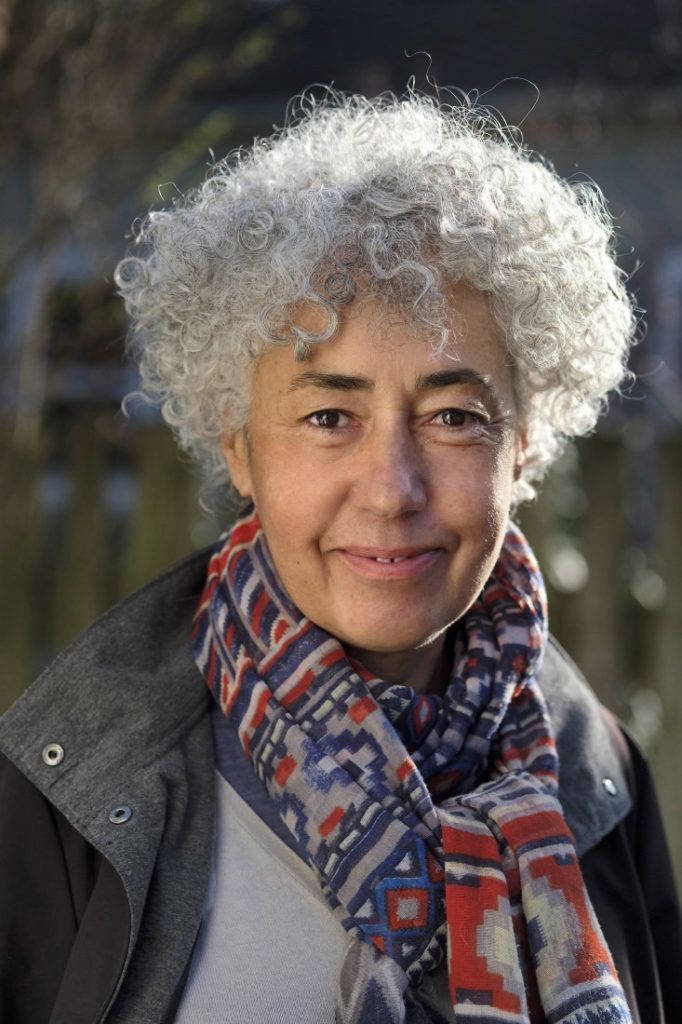
Sheila Murray ’s articles and short fiction have appeared in Canadian magazines and journals including Refuge Journal, Descant, The Dalhousie Review, Exile, White Wall Review, TOK: Writing the New Toronto, Room and The New Quarterly. Her debut novel, Finding Edward , will be published by Cormorant Books in June 2022. Sheila’s writing has been supported by the Toronto Arts Council, Ontario Arts Council and the Canada Council.
Born and raised in England, Sheila’s father was Black Jamaican, and her mother, white English. But her DNA shows a multiracial ancestry that spans much of the globe. Sheila has worked as a documentary filmmaker and television sound editor. She moved to the non-profit sector in 2009, and now leads a grassroots, volunteer-driven initiative that engages urban residents in adapting to local climate change impacts.
To learn more about Toni Morrison and her legacy get your tickets for Beloved: A Celebration of Toni Morrison and Black Women Writers with Donna Bailey Nurse
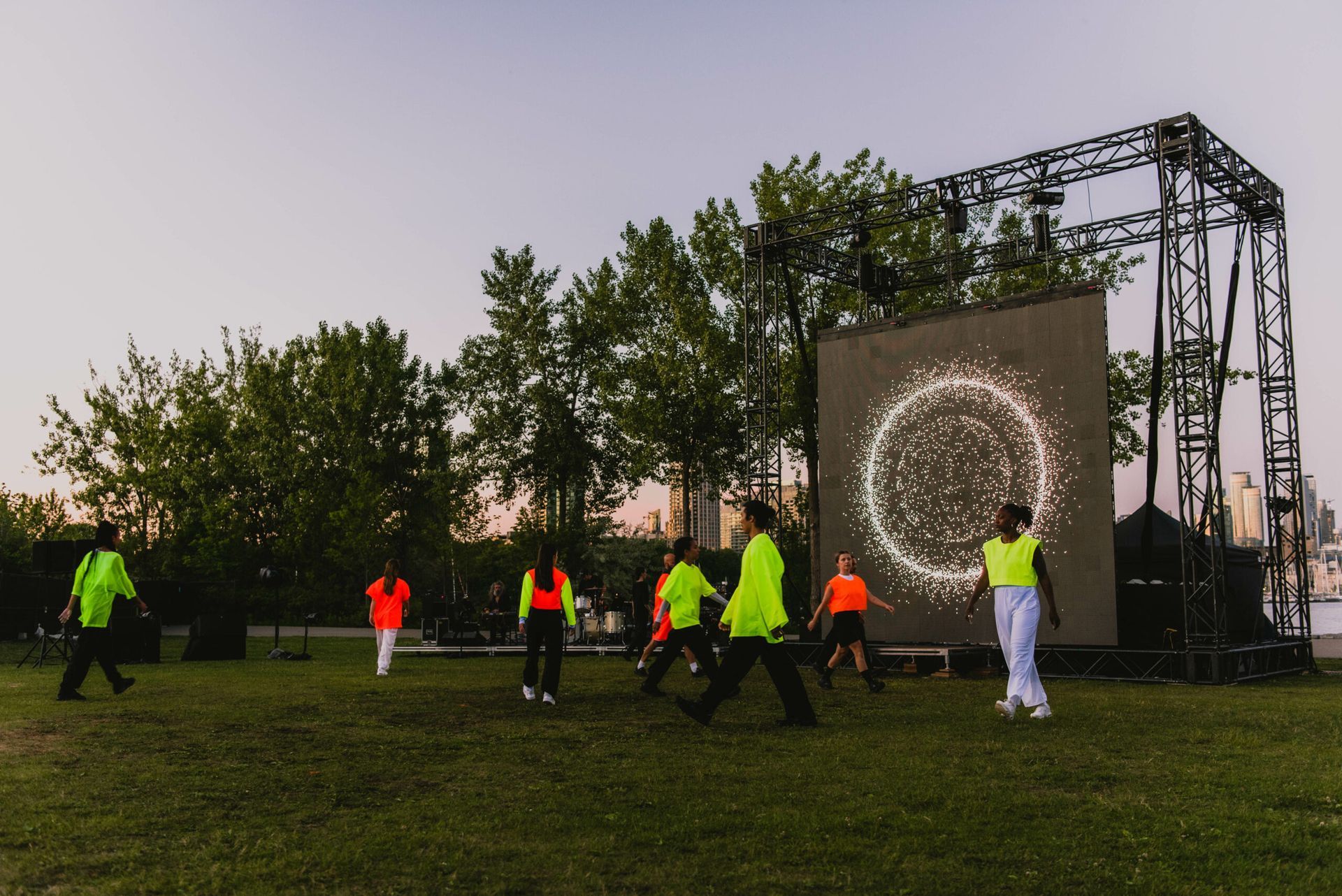

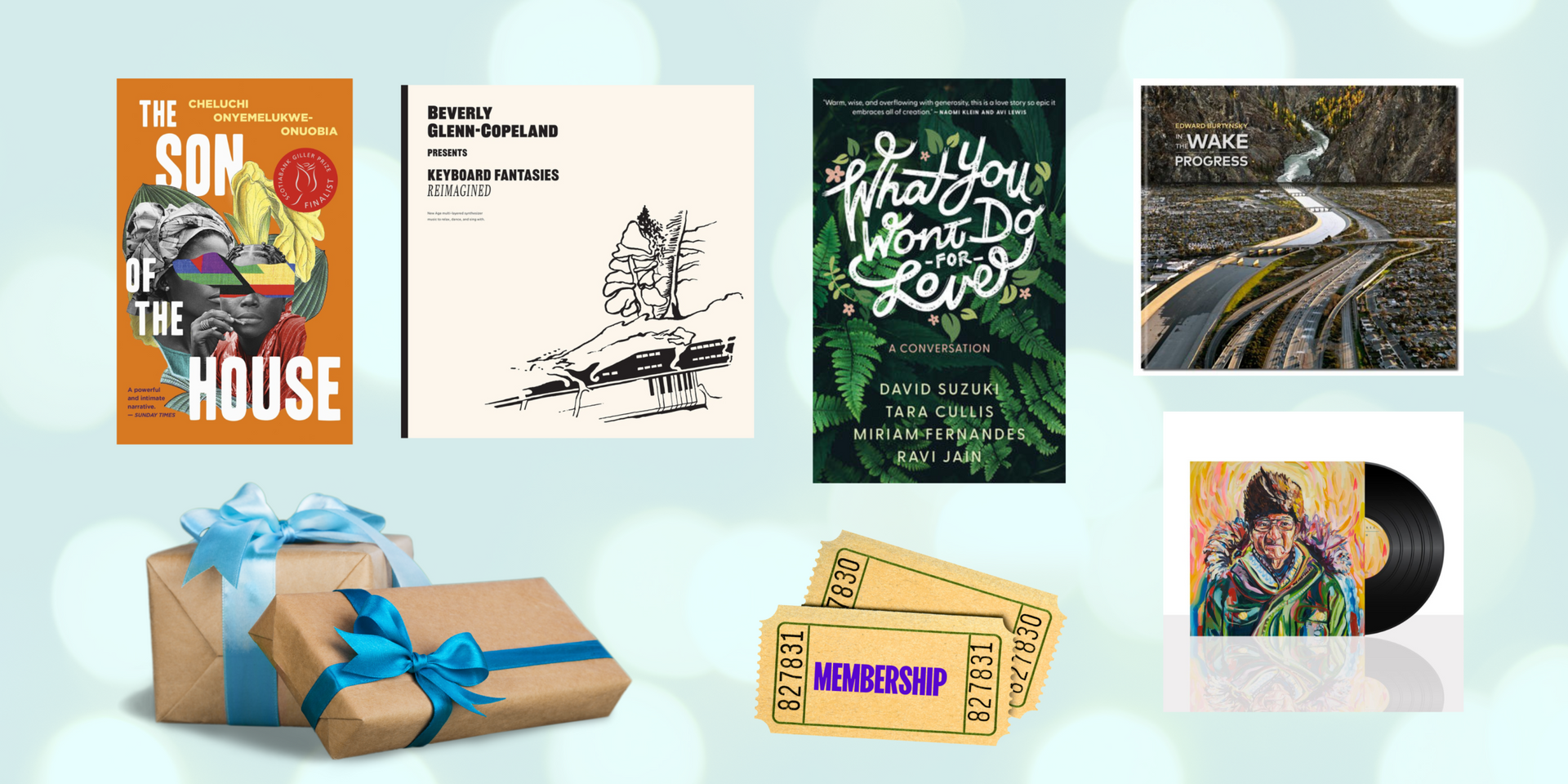

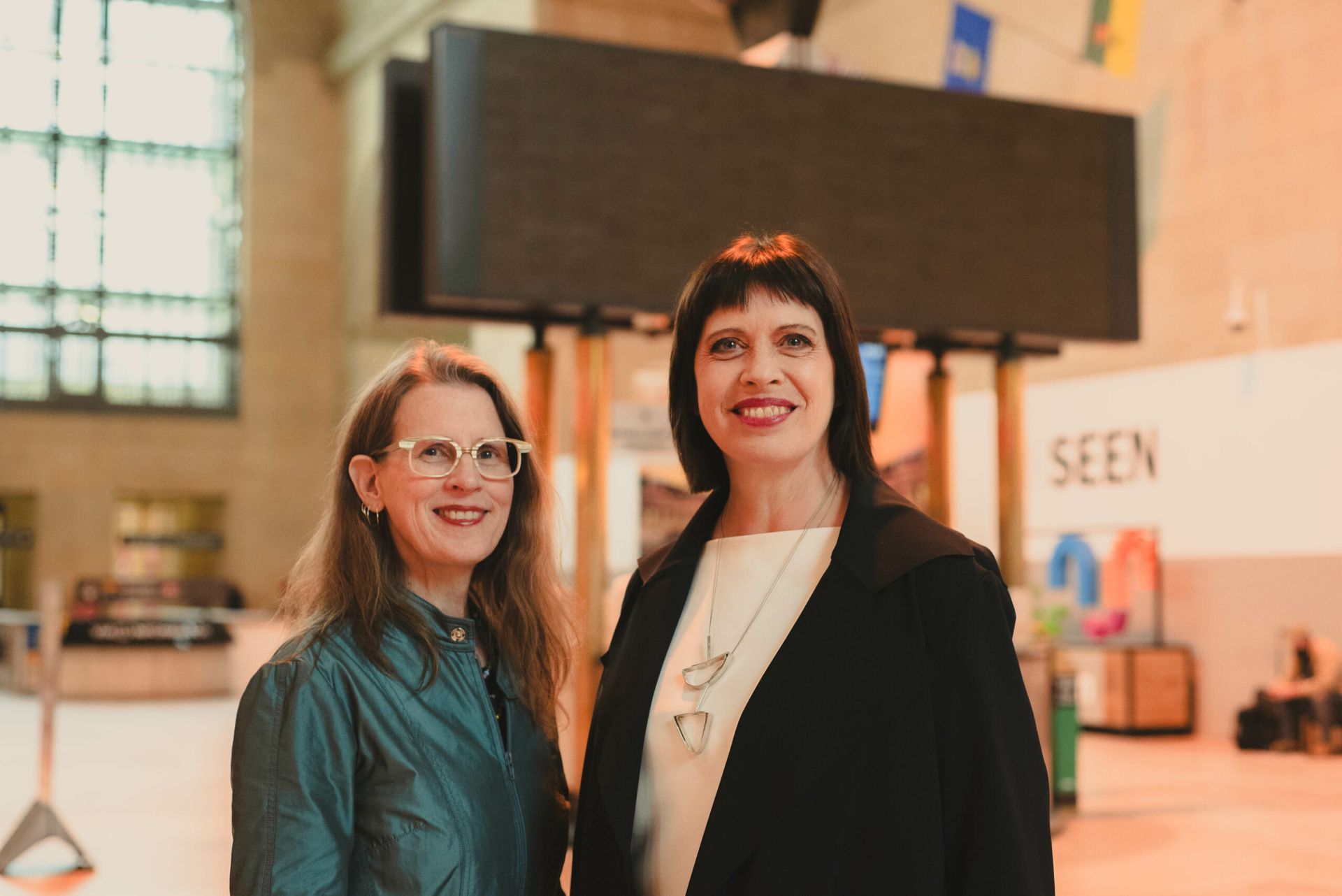
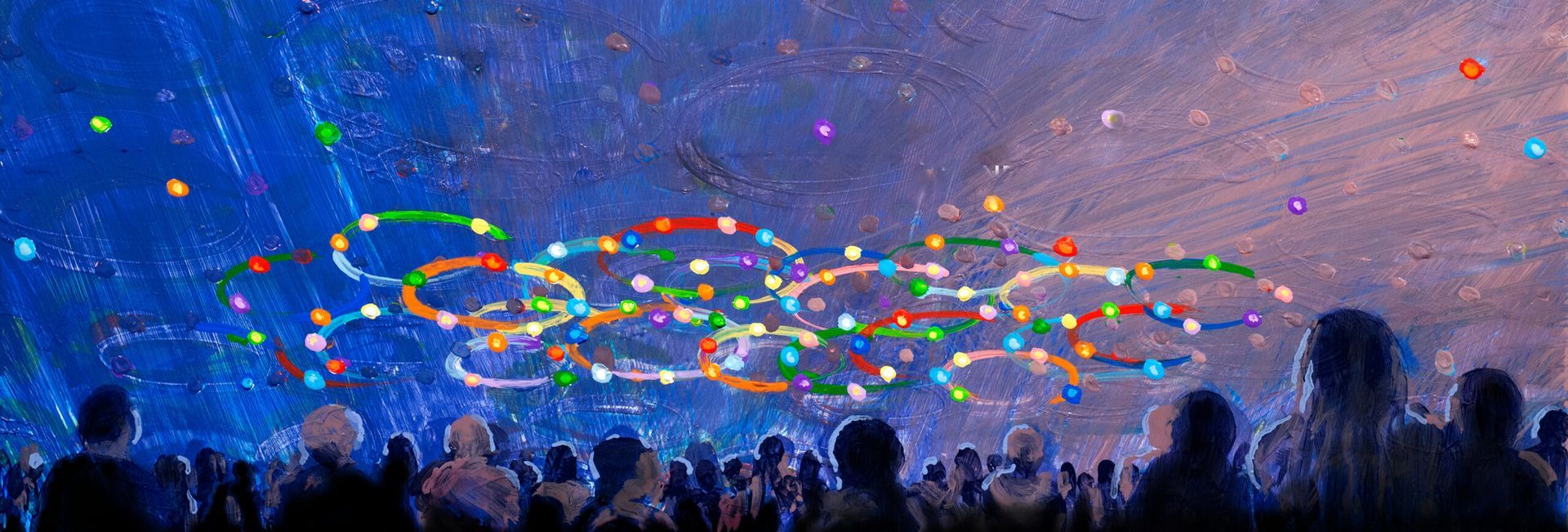
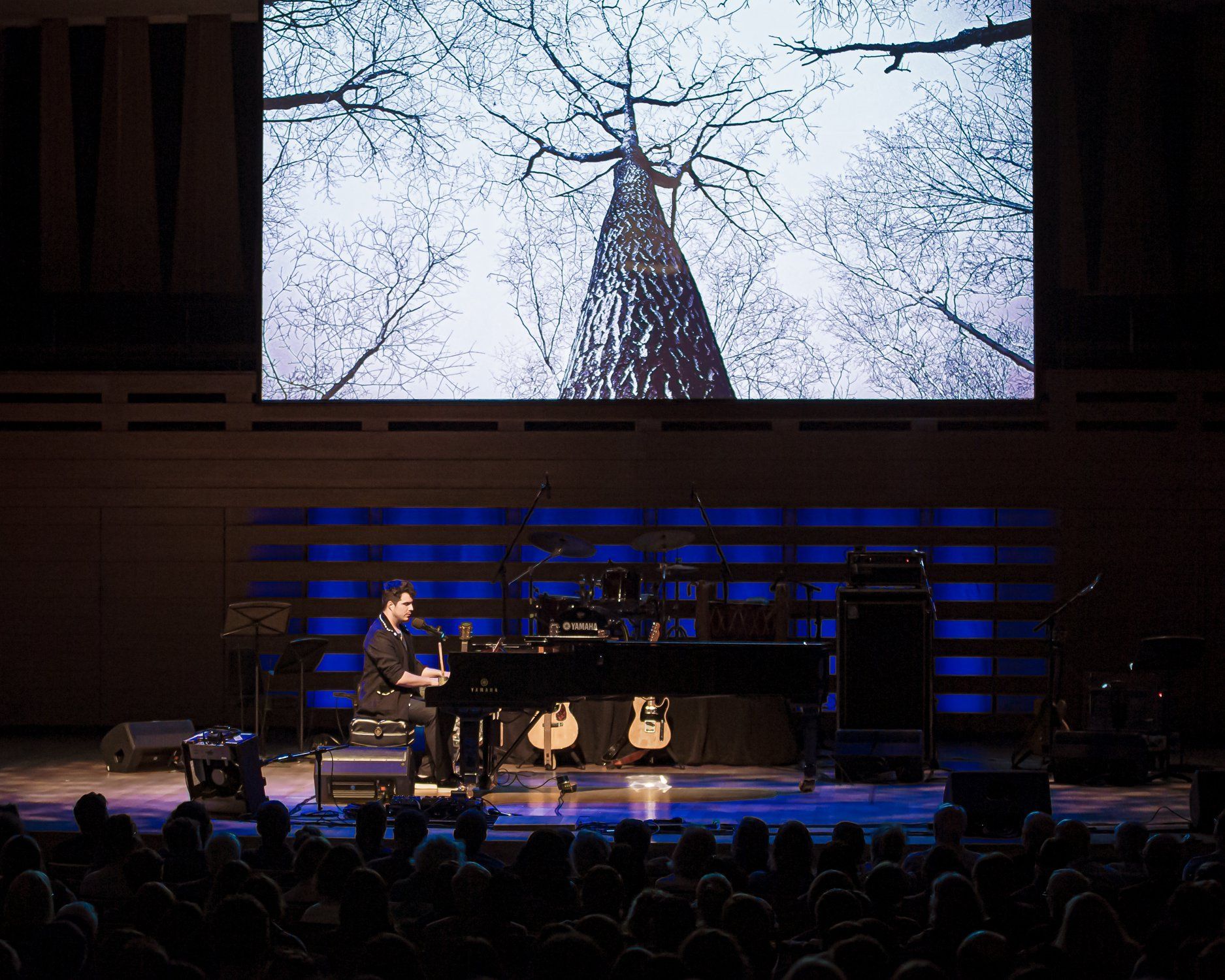
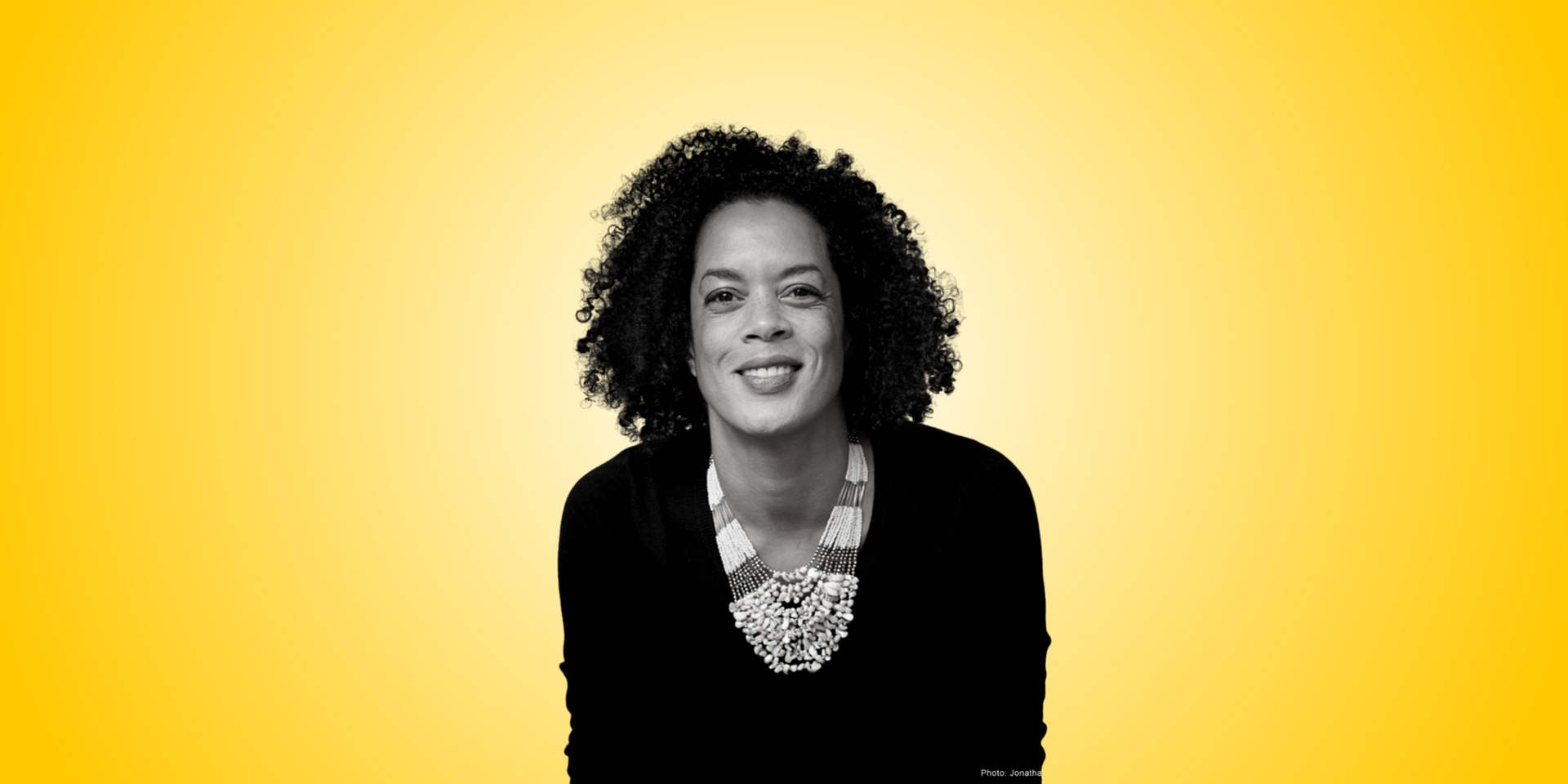


© 2025 Luminato Festival Toronto, All rights reserved.
Privacy Policy
|
Terms and Conditions

